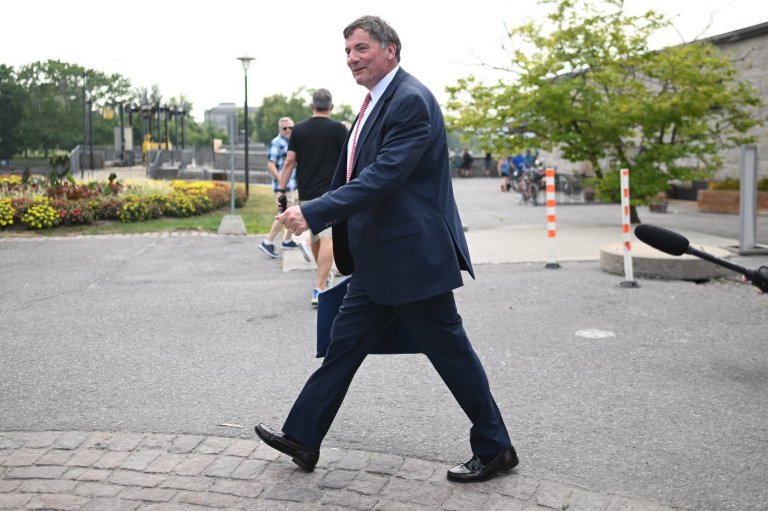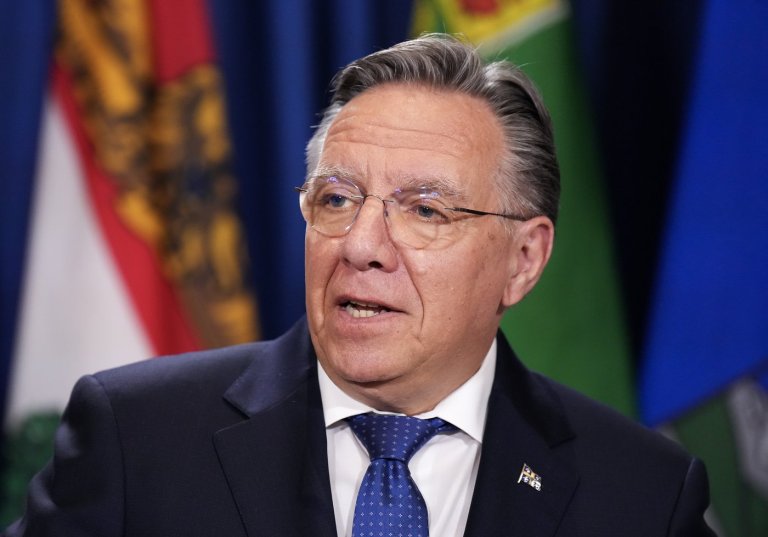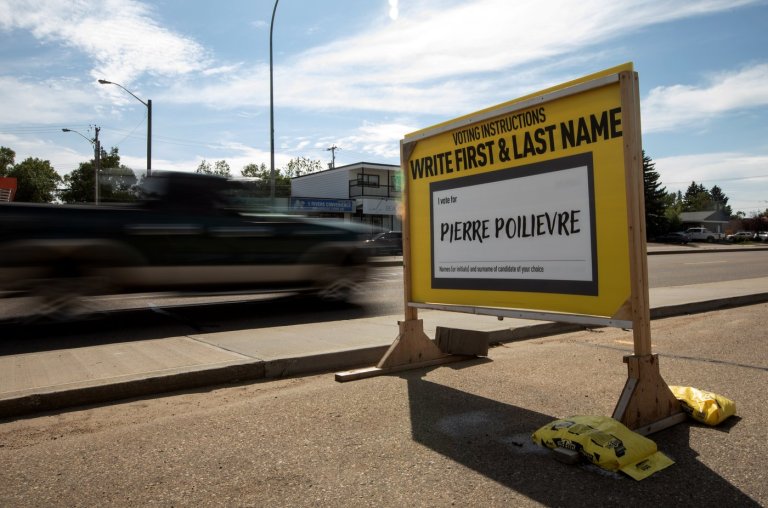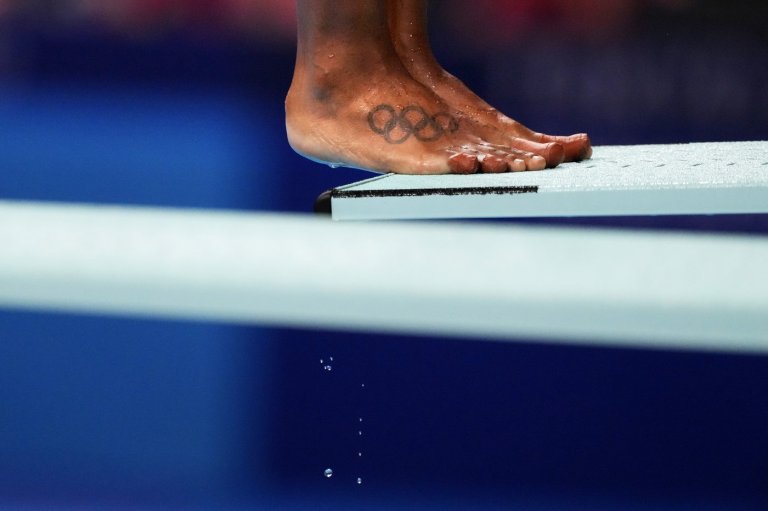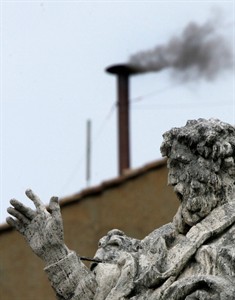
A Canadian pope? Ouellet touted as among leading candidates to succeed Benedict
MONTREAL – Prime Minister Harper says he’s shocked to hear Pope Benedict is renouncing the papacy due to his declining health.
Harper has issued a statement where he describes a 2009 meeting with a man he calls “deeply spiritual,” and he says the pontiff has dedicated his life to serving God and his faith and says he will be missed.
Benedict became the first pontiff to step down in 600 years when he declared he would resign Feb. 28, citing a lack of strength to do the job.
Harper notes that during his papacy two Canadian saints — Brother Andre Bessette and Kateri Tekakwitha — were canonized and Archbishop Thomas Collins of Toronto was elevated to the College of Cardinals.
Now Canadians might have another question on their mind: Is one of their countrymen set to become the next pontiff?
Marc Cardinal Ouellet is being touted as one of the likeliest candidates, perhaps even the favourite, to succeed Benedict.
A pair of foreign bookmakers have ranked Ouellet as one of their three likeliest candidates.
One Canadian who will help elect the next pope says he doesn’t want to make predictions. Retired cardinal Jean-Claude Turcotte tells Montreal radio station 98.5 that Ouellet plays an important role in the church.
But Turcotte says he has no idea if Quebec-born Ouellet has a shot at succeeding the outgoing Pope Benedict.
Turcotte, Ouellet and Toronto cardinal Thomas Collins will travel to Vatican City to cast ballots for Pope Benedict’s successor.
Ouellet was named a cardinal in 2003 by Pope John Paul.
He was named by Pope Benedict in 2010 to head the powerful Congregation for Bishops — which vets bishops nominations worldwide.
In an interview with the Catholic news organization Salt + Light TV published online last April, Ouellet was asked whether he had hopes of becoming pope.
“I don’t see myself at this level, not at all… because I see how much it entails (in terms of) responsibility,” he said.
“On the other hand, I say I believe that the Holy Spirit will help the cardinals do a good choice for the leadership of the church, the Catholic church, in the future.”
Ouellet has become vocal in political debates at home, even testifying before a 2005 Canadian Senate committee studying legislation on same-sex marriage.
At the time, he urged lawmakers to block the bill and defended the role of religious people in participating in the debate.
While facing questions from senators, Ouellet said he feared that the adoption of Bill C-38 would inevitably lead to religious people being regarded as bigots and homophobes.
Ouellet urged the Senate to remember that while Canada’s Charter of Rights guarantees equality for all, it also states in its preamble states that Canada was founded on principles that include the supremacy of God.
“To ensure a peaceful future for our society, the state must protect the values of marriage and the family,” Ouellet told the 2005 hearing.
“The state must treat homosexuals with respect and find accommodations that are consistent with their rights, without placing them in a category to which they do not belong, the category of marriage.”
His arguments failed to turn the debate. The same-sex marriage legislation, Bill C-38, was approved by the Senate several days later.
Other contenders to be Benedict’s successor include Angelo Cardinal Scola, archbishop of Milan, and Christoph Cardinal Schoenborn, the archbishop of Vienna, while professional oddsmakers have also placed Ghana’s Peter Cardinal Turkson and Nigeria’s Francis Cardinal Arinze as favourites.
Join the Conversation!
Want to share your thoughts, add context, or connect with others in your community?
You must be logged in to post a comment.














